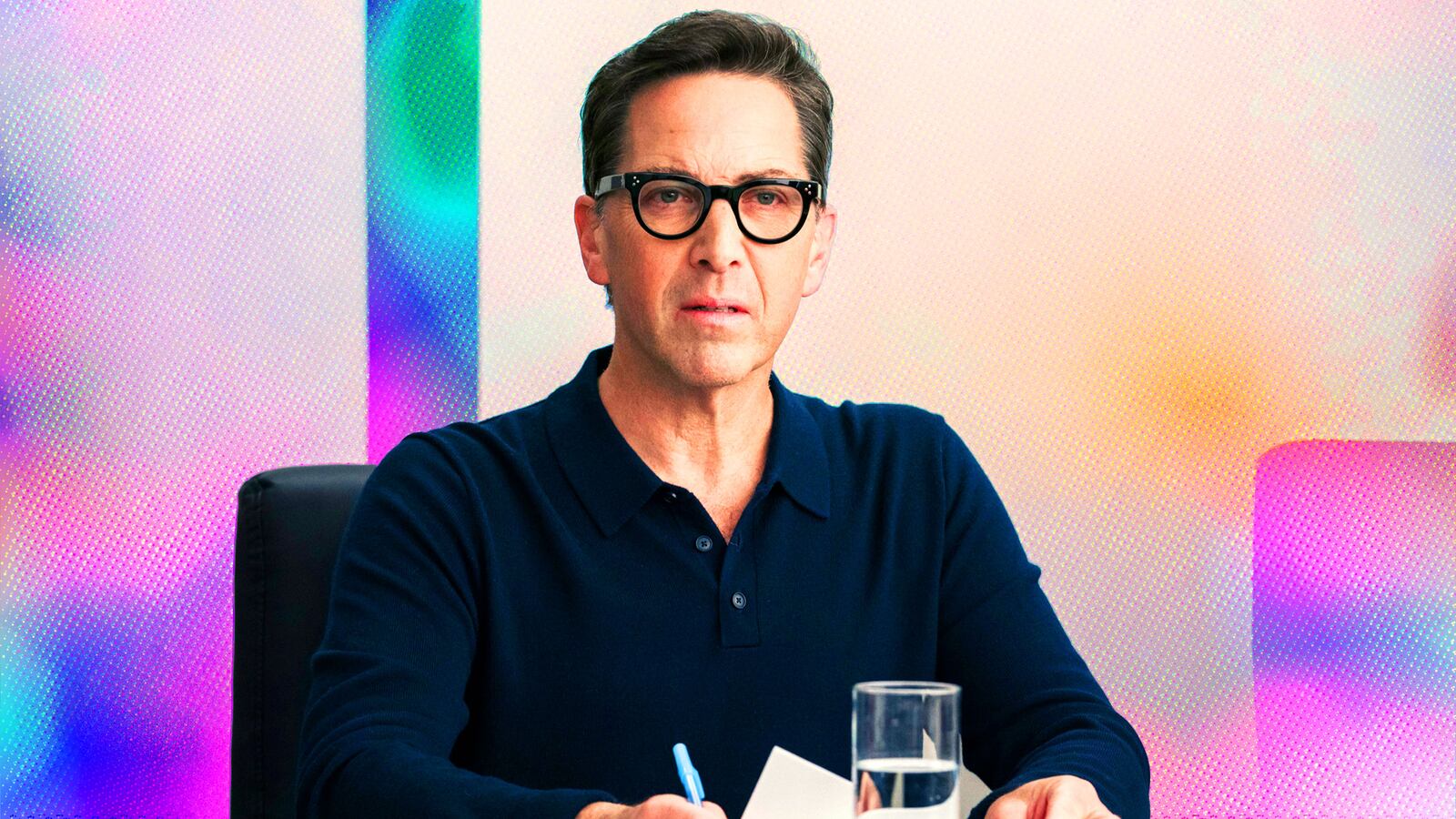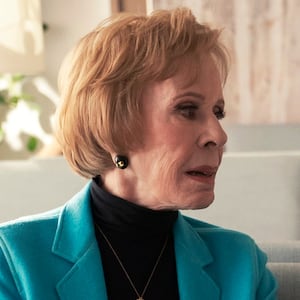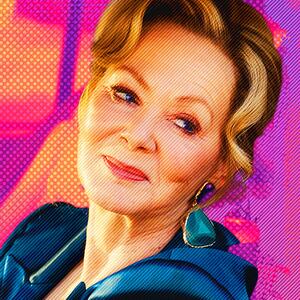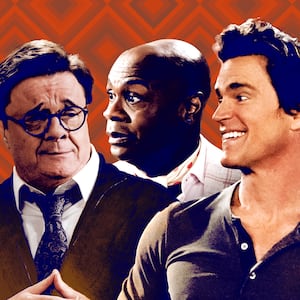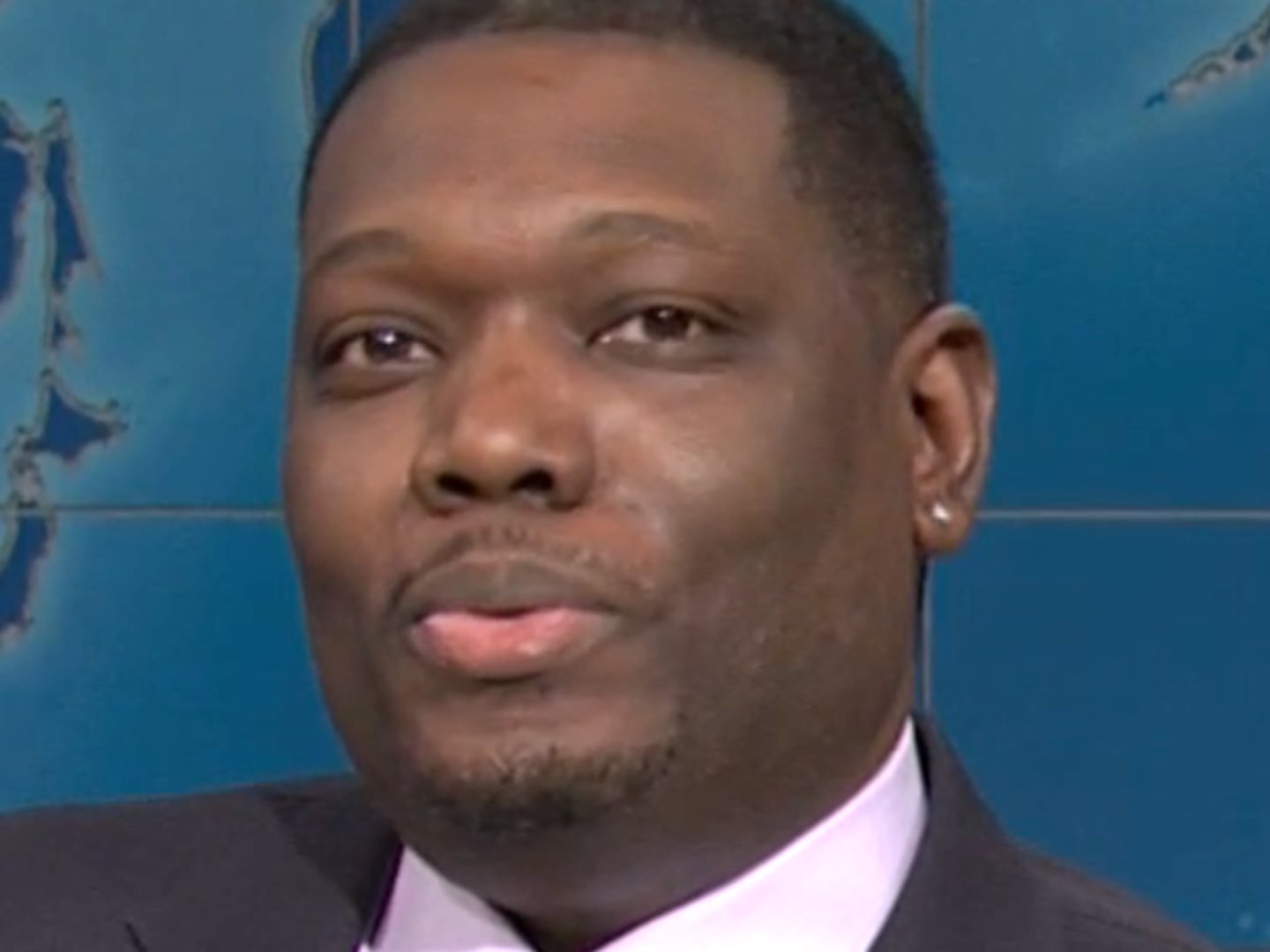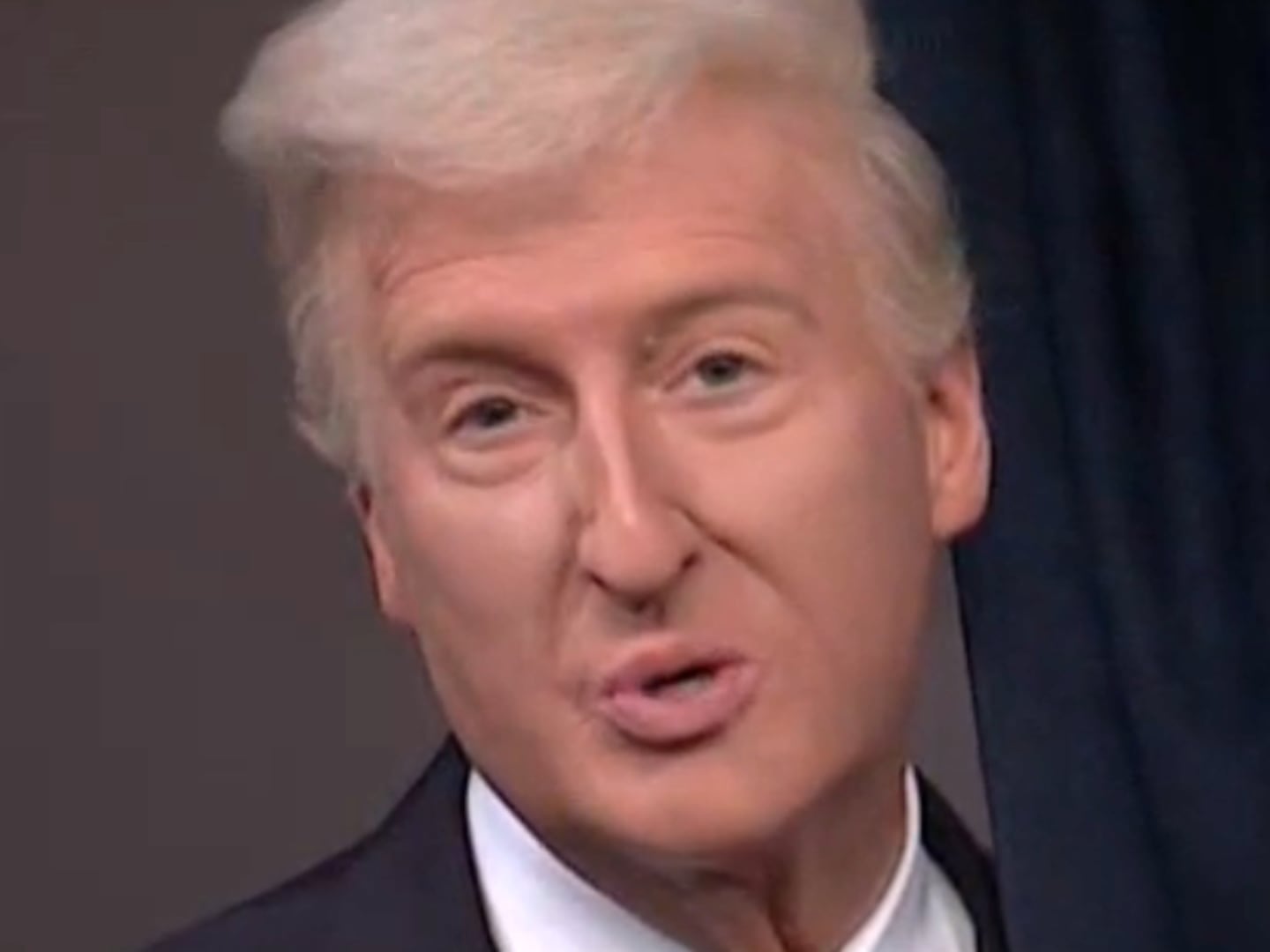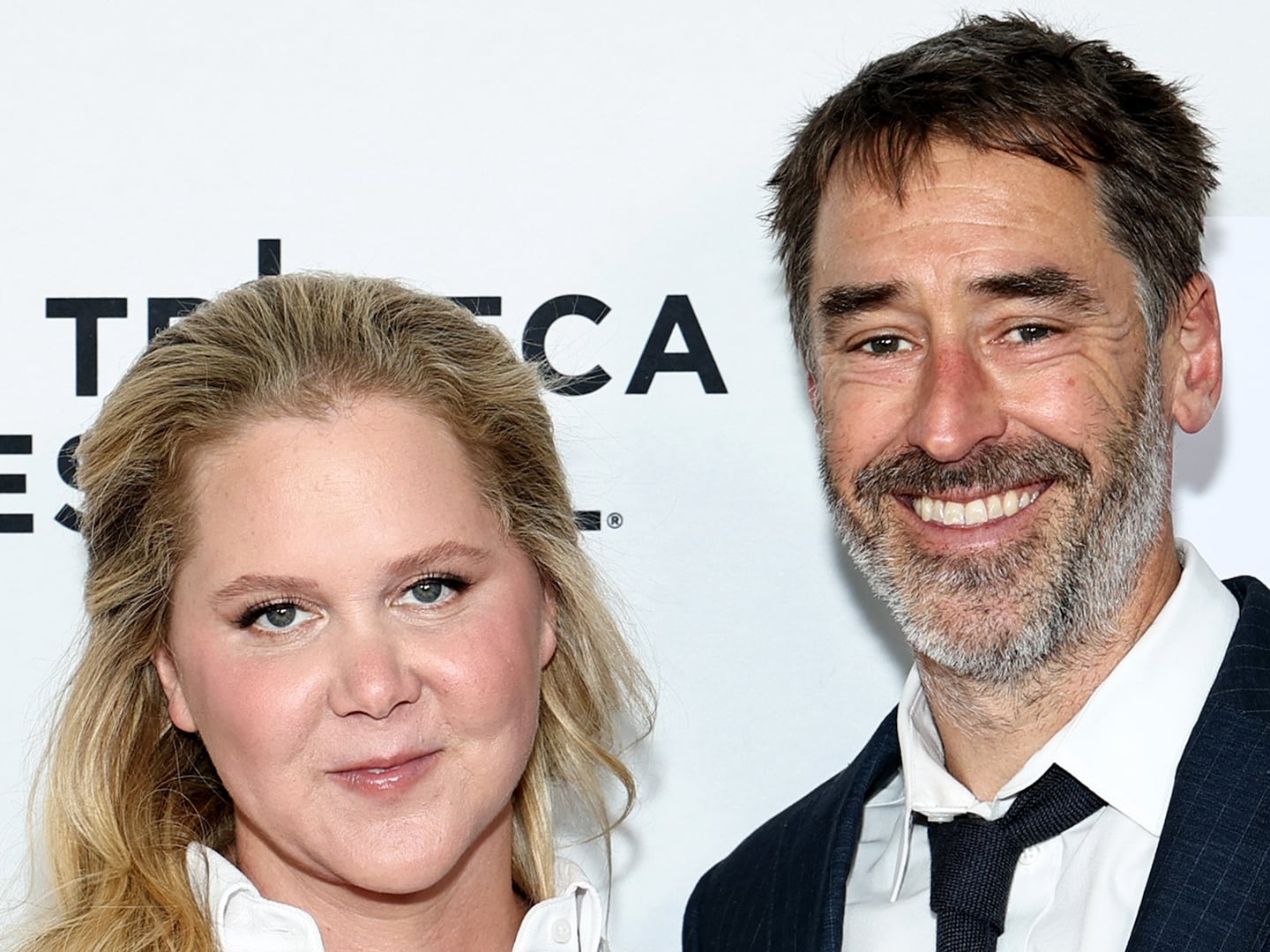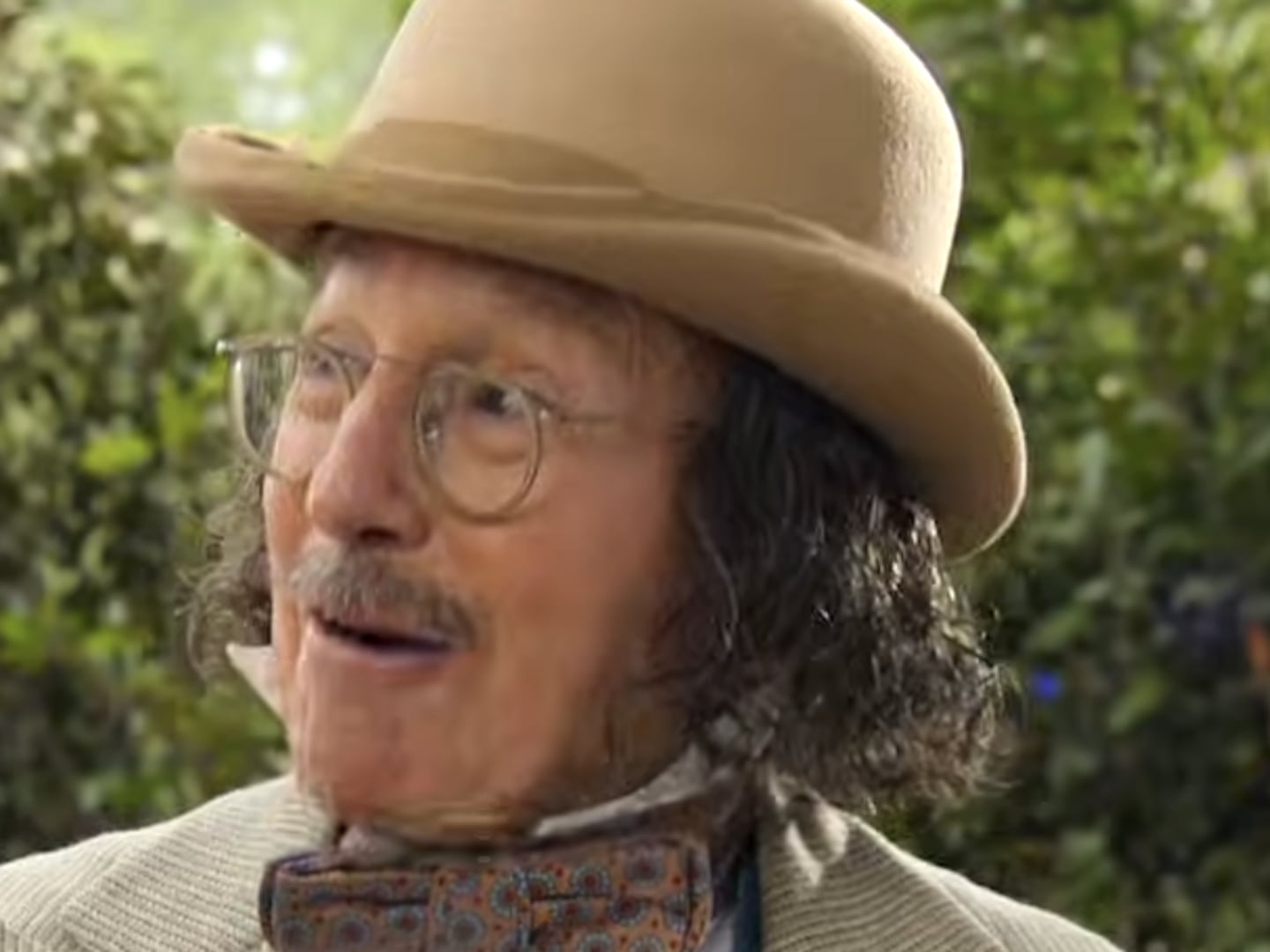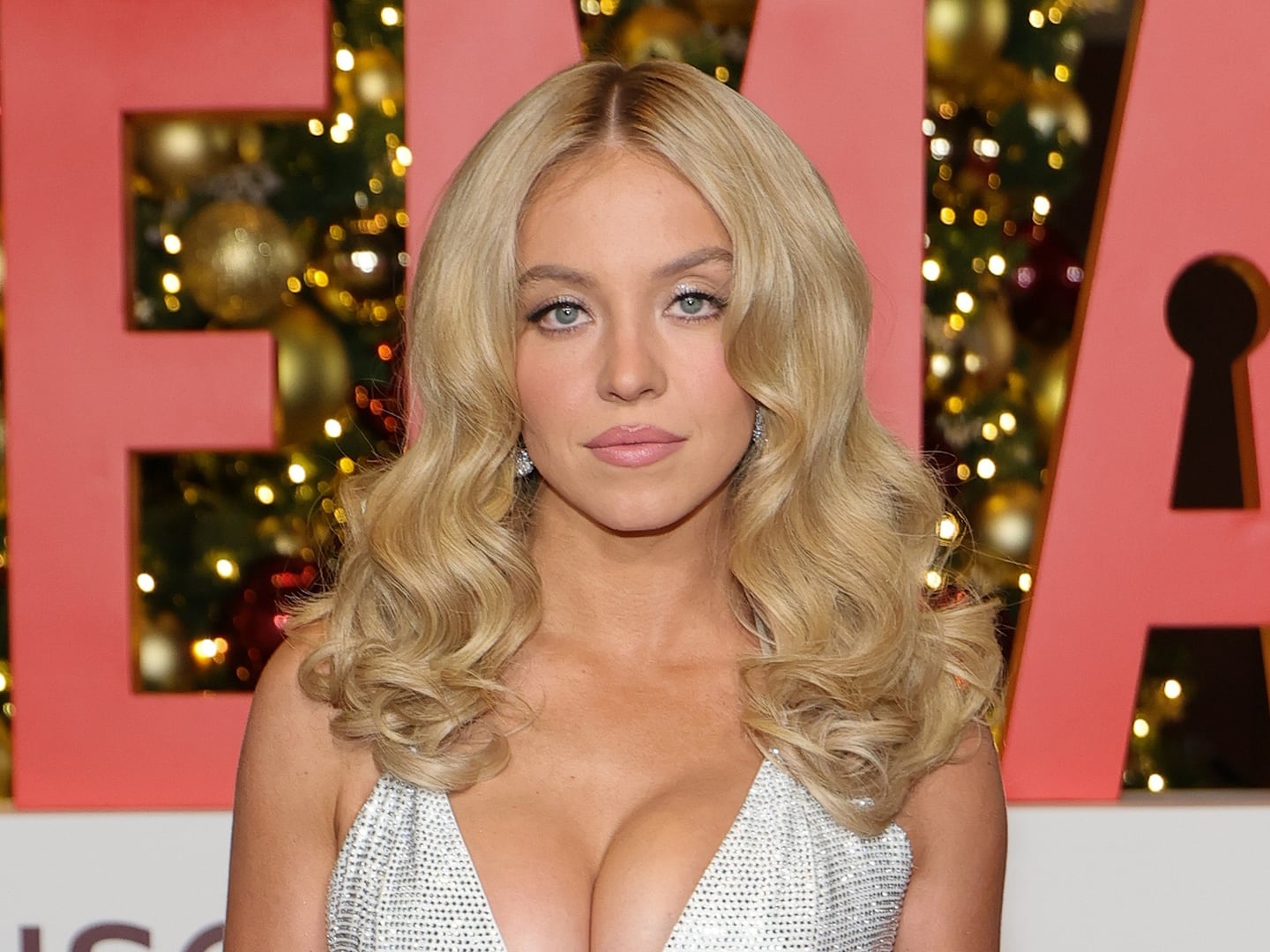At times, a community needs their LGBT Lorax. Forget the trees. This person speaks for the gays.
That’s precisely what I asked Dan Bucatinsky to do when we met recently in New York.
Bucatinsky is an Emmy-winning actor (for his role on Scandal), a writer, and a producer. He recently co-starred in the Lindsay Lohan Christmas rom-com Our Little Secret. He was a producer on Lisa Kudrow‘s iconic series The Comeback, veritably a Biblical text for gay pop-culture obsessives. Currently, he’s a writer on Hulu’s “Gay Golden Girls” sitcom Mid-Century Modern and appears on Hacks as Rob, the harried producer tasked with playing middleman between warring leads Deborah (Jean Smart) and Ava (Hannah Einbinder).
In other words, he’s qualified for the job.

The first topic for the LGBT Lorax is what in the world has changed that Hacks is suddenly one of the biggest shows on TV. It swept the Best Comedy Series category at just about every award show for Season 3: the Emmys, the Golden Globes, the Critics Choice Awards, the Kevin Fallon Loves You Special Citations. Season 4’s word-of-mouth is stronger than ever—as is the show’s social media presence. (So. Many. Memes.)
“People like to get on bandwagons,” Bucatinksy says. “Certainly with television, that happened with The Bear. You become the Flavor of the Month, and luckily and deservingly. Hacks is the Flavor of the Month right now.”
But it also has to do with how the series, particularly the intense relationship between veteran comedian Deborah and her much younger writer Ava, has evolved.
“The power dynamic has shifted so incredibly, almost in a Sopranos way,” he says. “Like, they could potentially kill each other. Or have someone else do it.”

Ava helped Deborah achieve her goal of becoming the only female host of a late-night talk show. When Ava demands her piece of the success, it causes the tectonic plates of their relationship to shift to the point that every interaction becomes an earthquake. All About Eve seems like child’s play in comparison. The show needed the time to build up to this gratifying arc.
“I think we’ve earned both the stakes of seeing Deborah get her dream and also watching Ava finally take her power,” Bucatinsky says.
Thus far in Season 4, Deborah and Ava have been at each other’s throats, with Deborah furious over Ava blackmailing her way to the head writer position on the late-night show and Ava hurt that Deborah didn’t value her enough to give her that position in the first place. Betrayal is coursing through their veins, spurting out in rage fits whenever they’re together.
As this is 2025, Smart and Einbinder are queer icons in and of themselves, and it seems to be the internet’s reaction to any pairing of TV characters that have a passionate connection, there has been a resounding reaction after each of these scenes: KISS!
In fact, there’s a contingent of fans who think—or at least hope—the endgame for these characters is a romantic, or sexual, relationship.
Thoughts, Lorax?
“What are you gonna do? Let people have whatever fantasies they want,” Bucatinsky says.
Still, he admits, “it’s a little reductive.” And yet…there’s nuance.

Just because two characters are on screen together doesn’t mean they should end up in bed. On other hand, when viewers love two characters and there’s passion between them, an expression of that is to want them to end up in bed. “Maybe it’s people’s secret desire to be thrown into that be with them,” he says, laughing. “But yeah, let them fantasize about whatever they want.”
Bucatinsky’s character, Rob, is based on real executive producers of late-night shows, like Ben Winston, who ran The Late Late Show With James Corden, or Michael Shoemaker, who runs Late Night With Seth Meyers.
At this point in the season, Rob is just short of becoming Fred Flintstone with steam coming out of his ears, attempting to wrangle Deborah and Ava’s tension into producing a hit show. As an actor, writer, and producer, Bucatinsky has been on dozens of film sets over his career. He admits that he’s been on his fair share of productions where there have been tensions between head writers and their bosses or stars. (Here’s his IMDb page if you want to scan and make any guesses…)
It typically happens when a show becomes popular, or there’s immense stress for it to be a hit. And the reason typically comes down to power.
“It’s the same with the mob,” he says, doubling down on his Sopranos analogy. “There is something scary and enticing and sexy about never knowing where the power is. Succession showed us that. The Sopranos showed us that. Power is interesting and fun, and it’s an aphrodisiac, clearly, because people want to see them in bed.”
The Big Gay Magic of Mid-Century Modern
Bedroom talk makes for a good, if abrupt pivot for another topic of discussion in need of the Lorax’s input: the delightful, yet surprisingly aggressive gayness of Mid-Century Modern, which Bucatinsky and his husband, Don Roos, are writers on.
The series, now available to stream on Hulu, stars Nathan Lane, Matt Bomer, and Nathan Lee Graham as friends who become roommates later in life in the Palm Springs house that Lane’s character shares with his mother, played by Linda Lavin. If the set up sounds familiar, it’s why the series earned the moniker “the Gay Golden Girls.”
The “mission”—if one, like me, wants to be insufferable and use that word—of the respective series is also similar: using the nostalgic, comforting format of the multicamera sitcom to slyly push the envelope with provocative jokes and edgy storylines.
The Golden Girls was revolutionary in its frankness about issues concerning aging single women. Mid-Century Modern takes that baton when it comes to discussions about how society treats gay men, the importance of found family, and gay sex. The first season makes jokes about bottoming, cruising, threesomes, foreskin, PREP, and pegging.
“I’ve talked about Trojan Horse Television my whole career,” Bucatinsky says. “You do what you have to do to get to do what you want to do. You want to try something that pushes the envelope, you almost always need to wrap it in a package that seems more palatable. The term that the networks used to use was ‘palatable,’ like baby food.”
While he relished getting to use the “f-bomb” to punctuate jokes in the context of a bright, traditional sitcom format, Bucatinsky says there was a dry-erase board in the writers room where there would be a tally of how many times the expletive or the word “bottom” could be used.

Bucatinsky’s husband, Roos, pitched a joke that Lavin’s character says, which is something that Roos’ own mother used to say: “Time is a c--t.” Hulu embraced it, “even though that word is not one that you can get by many of the platforms.” A harder sell was the joke about pegging. Even funnier: Bucatinsky admits that he had no idea what the term meant.
“The points of view are varied, and the younger gay writers will use terminology that I have no idea about, having been married for 30 years,” he says.
But education is the point, whether it’s in the writers room or for the audience watching at home.
“Having lived through what we’ve lived through—we being gays in their thirites, forties, fifites, and sixties—to really be authentic, we couldn’t do it without dropping the ‘f-bomb,’ without talking about sex, without talking about dating, without going there,” he says.

For the Love of God, Bring Back The Comeback
I would have to return my Gay Card to the Office of Gay Culture Management in shame if I had Bucatinsky, a producer on The Comeback, in my presence, and didn’t ask him about the likelihood of a third season.
The HBO comedy starred Lisa Kudrow as Valerie Cherish, an aging actress desperate for relevance, in ways both endearing and monstrous. Its two seasons aired a decade apart, in 2005 and 2014, each a hilarious time capsule of the specific lunacy of show business at that respective period.

One could say it’s amassed a cult following or a gay following—one could also argue the two are synonymous—that has kept the show in the zeitgeist. “I don’t need to see that!” “Well, I got it!” “Hello, hello, hello.” “It means a lot to me because it’s from the people.” Kudrow dressed as a cupcake. Kudrow singing “I Will Survive.” Quotes and memes from the show have been thriving for 20 years, basically infiltrating the everyday lexicon of certain communities (i.e. the gays).
It’s been a decade since Season 2, the same amount of time between the first two entries. Please, Dan Bucatinsky, producer of The Comeback, tell me there will be another season.
“I would love nothing more,” he says. “The desire is there. It’s definitely something that gets talked about all the time. There’s a desire for it. I think there’s an audience for it. So I would love nothing more.”
I also would love nothing more, I tell him, this time seizing the Lorax role for myself: I am speaking on behalf of all gays, I tell him.
“You’re not alone!” Bucatinsky says. “How about that be the theme of our conversation? You’re not alone. The guys in Mid-Century Modern aren’t alone. The girls from Hacks wish they would be alone. They’d like to leave each other alone. But they’re not alone either.”

